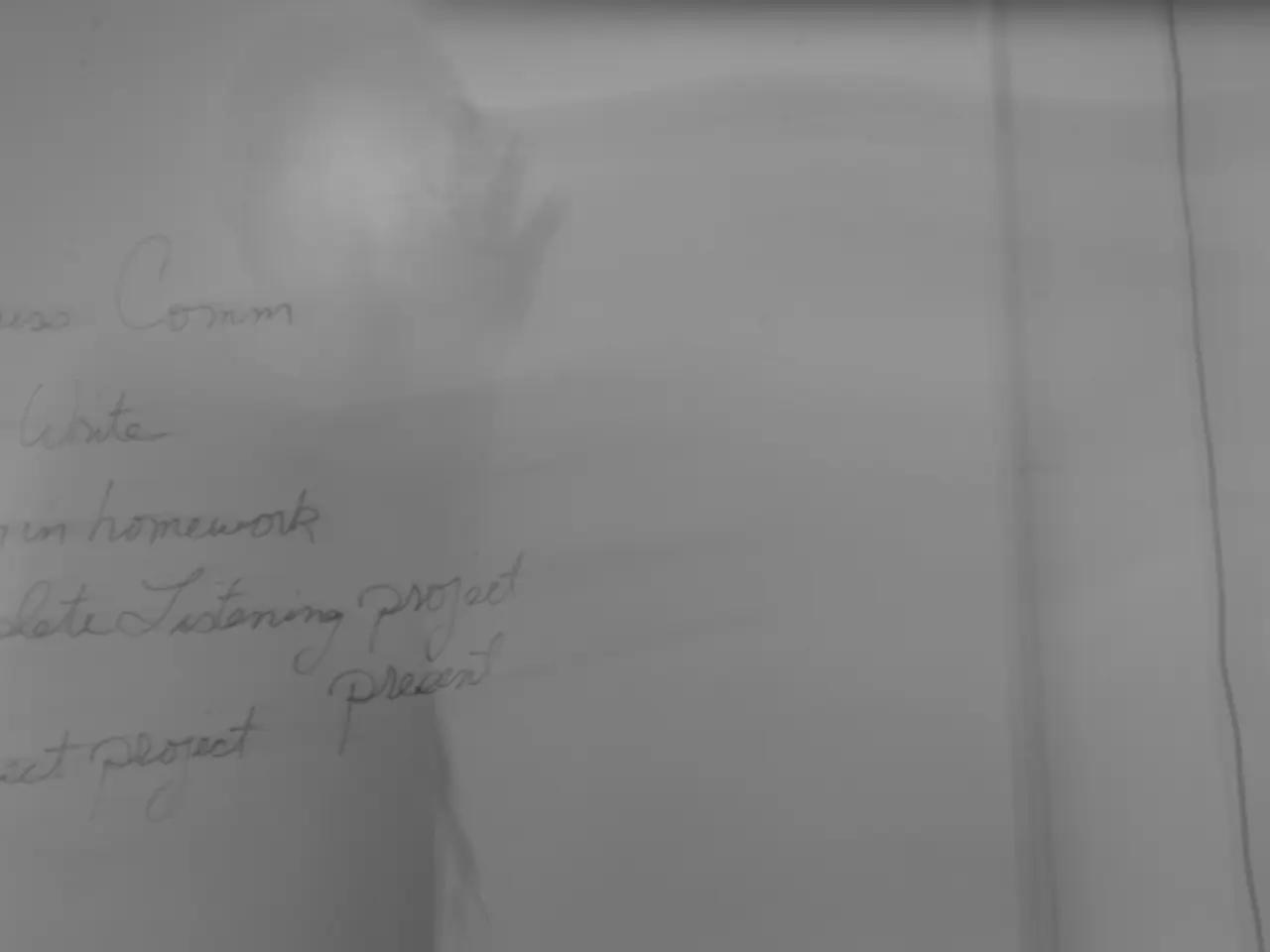Trump seemingly invincible, according to Rogoff - Rogoff's Statement: "I can't fathom what actions Trump might impede"
Let's Talk Economics: Trump vs. Rogoff
- Donald Trump
- Kenneth Rogoff
- USA
- Harvard
Donald Trump, as the U.S. President, and Kenneth Rogoff, a renowned Harvard economist, have contrasting economic views shaped by their respective roles and priorities.
Trump's Economic Policies
The Trump administration's economic strategy has been marked by key initiatives such as:
- Corporate Tax Cuts: Trump signed legislation lowering the corporate tax rate from 35% to 21%, an attempt to boost corporate profits, leading to increased stock buybacks, dividends, and a surge in stock market indices like the S&P 500. However, this policy was met with concerns about long-term fiscal sustainability.
- Tariffs and Trade Protection: Trump's administration imposed tariffs on various goods, like steel and aluminum, raising rates to 50% and imposing a 25% tariff on imported cars. Despite the intention to protect domestic industries, these policies sparked market volatility and global trade tensions.
- Market Impact: Trump's economic approach generated a roughly 70% stock market gain during his first term. However, the initial surge was dampened by tariffs and COVID-19 disruptions. The tax reforms also led to increased deficits due to lower tax revenues.
Rogoff's Economic Perspective
Although Rogoff isn't a policymaker, his economic views and research offer a more macroeconomically cautious outlook:
- Debt, Deficits, and Financial Stability: Rogoff emphasizes the dangers of high sovereign debt and large fiscal deficits, warning against excessive borrowing leading to economic crises. He advocates for prudent fiscal management to maintain financial stability.
- Protectionism Skepticism: Rogoff generally supports open trade and global financial integration. He opposes trade wars and high tariffs, as they increase costs for consumers and disrupt supply chains.
- Monetary and Fiscal Policy Coordination: Rogoff stresses the importance of coordinated monetary and fiscal policy, especially in managing economic crises. He advocates for a balanced approach, considering both quantitative easing and sustainable fiscal paths.
Comparison
| Aspect | Donald Trump | Kenneth Rogoff ||-----------------------------|-------------------------------------------------|-------------------------------------------------|| Tax Policy | Tax cuts to boost corporate profits | Fiscal responsibility, wary of deficits || Trade Policy | High tariffs, protectionism | Global free trade, opposes trade wars || Market Orientation | Short-term market gains | Long-term economic stability || Economic Philosophy | Economic nationalism | Macroeconomic global integration || Fiscal Discipline | Deficit growth due to tax cuts | Emphasizes managing deficits and debt risks |
In summary, Trump's policies represent an activist, nationalist approach focused on short- to medium-term economic growth through tax cuts and trade protection. Rogoff's economic stance is analytical and global, emphasizing long-term economic stability, fiscal responsibility, and open trade. This comparison highlights the divide between a populist economic policy-making perspective and a scholarly, macroeconomic analysis.
- The contrasting economic views between Donald Trump, the U.S. President, and Kenneth Rogoff, a renowned economist from Harvard University, are evident in their policy-and-legislation regarding taxation, trade, and market orientation.
- While Trump's economic policies feature tax cuts for corporate profits, high tariffs, and a focus on short-term market gains, Rogoff's perspective highlights the importance of fiscal responsibility, open trade, long-term economic stability, and macroeconomic global integration.








